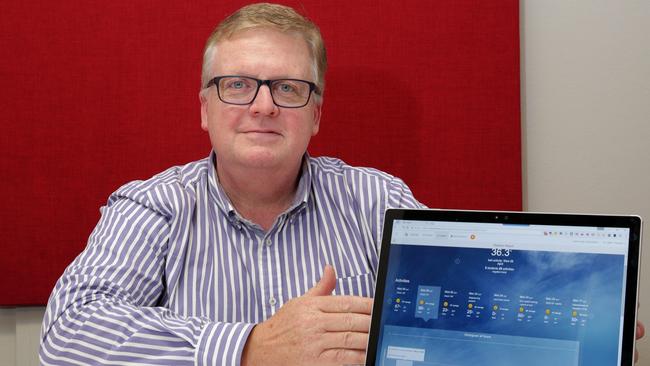Data collection is helping teachers respond more effectively to student needs
Twice yearly written school reports used to be the main way to track student performance. These days more data is allowing teachers to respond better.

Central Sydney
Don't miss out on the headlines from Central Sydney. Followed categories will be added to My News.
- The great school technology fail
- Guess what kids like best about school?
- Technology can create kids who can’t wait
- Should NAPLAN be abolished?
Search engines like Google, websites such as Amazon and social media platforms like Facebook all collect data.
This data is used to gain greater insight into users and then deliver a more personalised experience.
In different ways, schools also collect student data with the goal of providing each student with a more individual and meaningful learning experience.

Some data that schools collect like attendance, demographics and performance on standardised assessments like NAPLAN is mandatory. But schools also collect data on student behaviour, participation, interventions and progress.
So much of the data we need can be captured in a digital format, enabling us to do more and much faster than before. School systems are increasingly relying on data to develop a more comprehensive understanding of where each child is at in their learning journey.
In the past, a student may have had a learning issue that was only identified at half-yearly report or yearly report time. This means that any intervention strategy would be introduced six or even 12 months down the track.

Now we have the ability to gain greater insights into the factors affecting student achieving, allowing teachers to intervene much faster and track whether those interventions are effective.
Despite technology helping teachers with the collection and storage of data, issues such as confidentiality and privacy can never be taken for granted. Schools and school systems have a responsibility to ensure any data collected is used for its intended purpose and is stored safely. Privacy and confidentiality legislation exists for good reasons.

The real work of teachers is not crunching the data but using it to inform decisions on how to improve learning outcomes for their students.
The exciting news for parents is eventually schools will be able to take the data and insights generated and provide them with real-time information that tracks their child’s progress in a visually meaningful way.
Greg Whitby is the executive director of schools for the Catholic Diocese of Parramatta.


